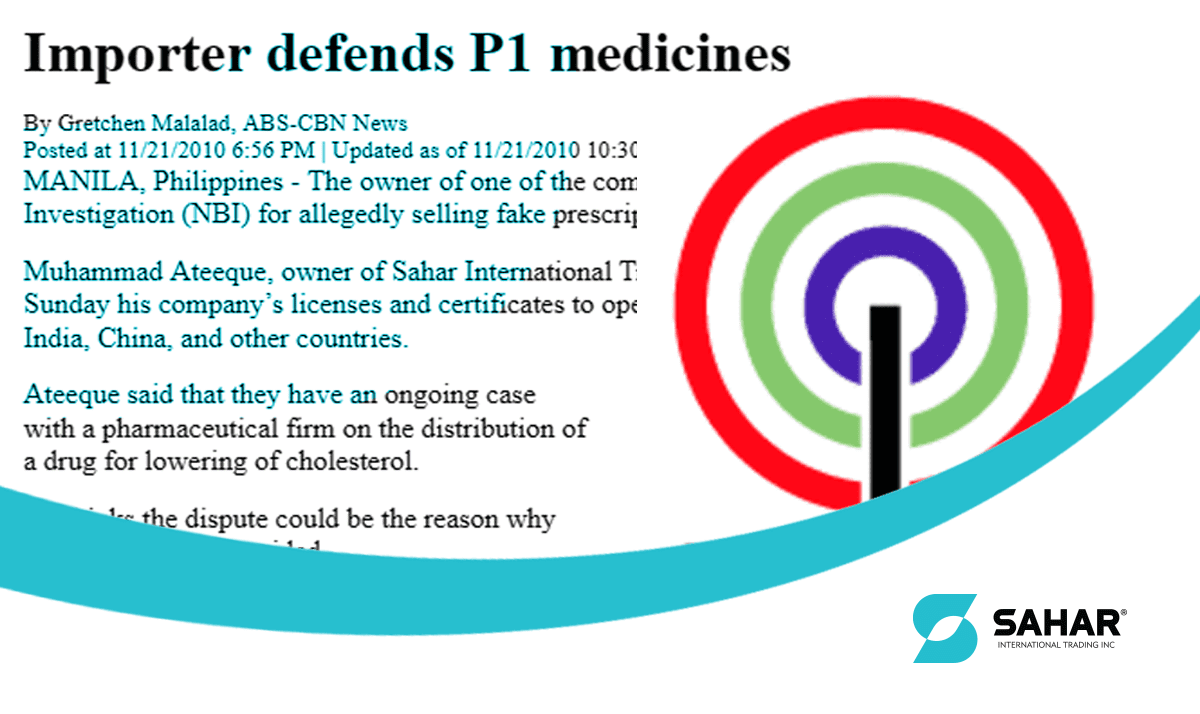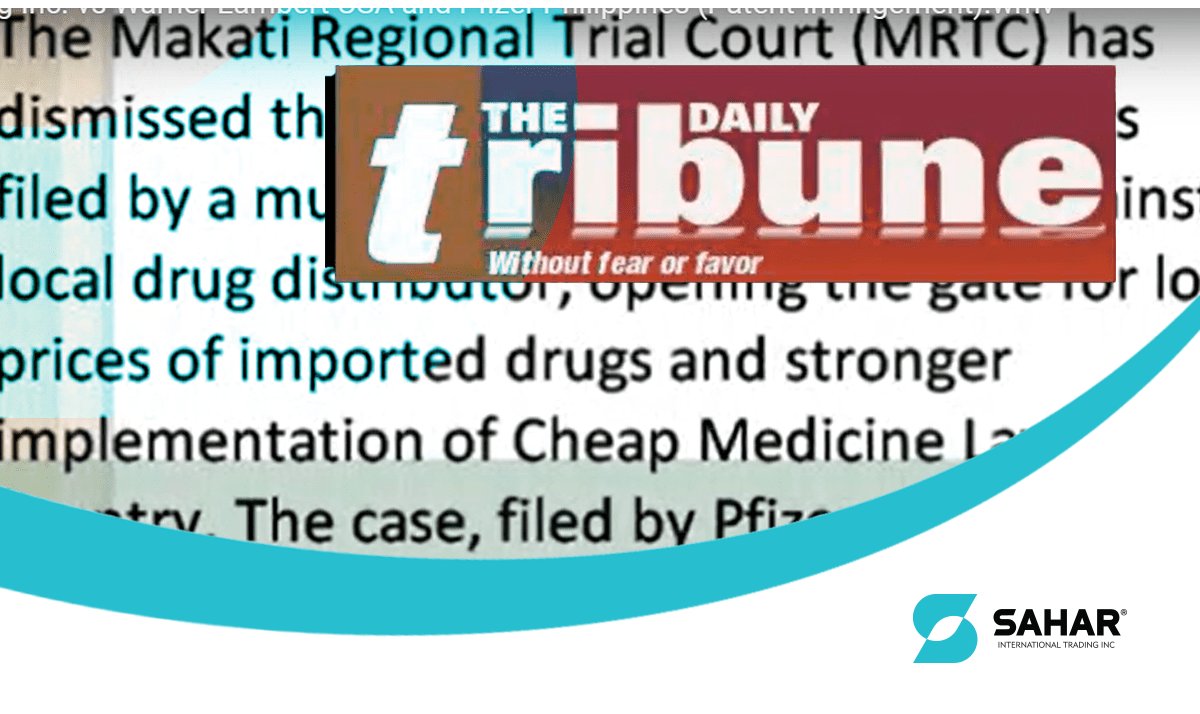Small pharmaceutical firms have accused multinational drug companies of blocking the implementation of Republic Act 9502 or the Universally Accessible Cheaper and Quality Medicine Act of 2008 by filing cases against them under the guise of “violating the patent protection law.” Three firms Ferma Drug, Ellebasy Medical Trading, and Mark Erickson Enterprises complained that they were recently raided by police and National Bureau of Investigation agents on a warrant and seizure order obtained by Canada-based company Merk & Dome from a Makati court for alleged violation of infringement on patent right and selling “illegal drugs. The firms denied the charges, saying that their drugs are generic and all registered with the Food and Drugs Administration (FDA). “How could the FDA issue a certification to us if the drugs we are selling are illegal? They are actually cheaper than what multinational companies sell,” Mack Macalanggan, the group’s spokesman, said.
“In a newspaper report, Merck claimed that the drugs seized by authorities were
worth P15 million, when these only amounted to P2 million. It is because they based the cost of the drugs on their selling prices, which are seven times higher than small drug firms,” Macalanggan said. Last year, Merck also filed an infringement on patent right case against Sahar International Trading and Suhitas Inc. pharmaceuticals for selling an anti-inflammatory drug called etoricoxib.
Merck claimed the drug under its patent. In a statement, the firms, however, clarified that etoricoxib is not the drug name patented by Merck because “it is markedly and substantially different from the chemical structure of the generic drug under the brand.” They said, under Section 7-M of RA 9502, “generic – drugs refer to drugs that have the same active. E pharmaceutical ingredient as the innovator drugs and are not covered by patent protection law.”
“These drugs are labelled by their international non- proprietary or generic name and may or may not have brand names,” Sahar and Suhitas said.
They added that there is no preliminary injunction or restraining order issued by any court enjoining them from marketing or distributing etoricoxib, contrary to a public notice circulated by Merck.
“The power and authority to issue a preliminary injunction or restraining order resides only in the Supreme Court. We will exert all efforts to bring
into light the provisions embodied in R.A. 9502, in support of the people’s
constitutional right to avail themselves of cheaper and quality medicines,” they said. They stressed that under the RA 9502 or the generic law, drug outlets allowed to carry a variety of medicine brands, including those sourced parallel through importation, to give choices to consumers.




